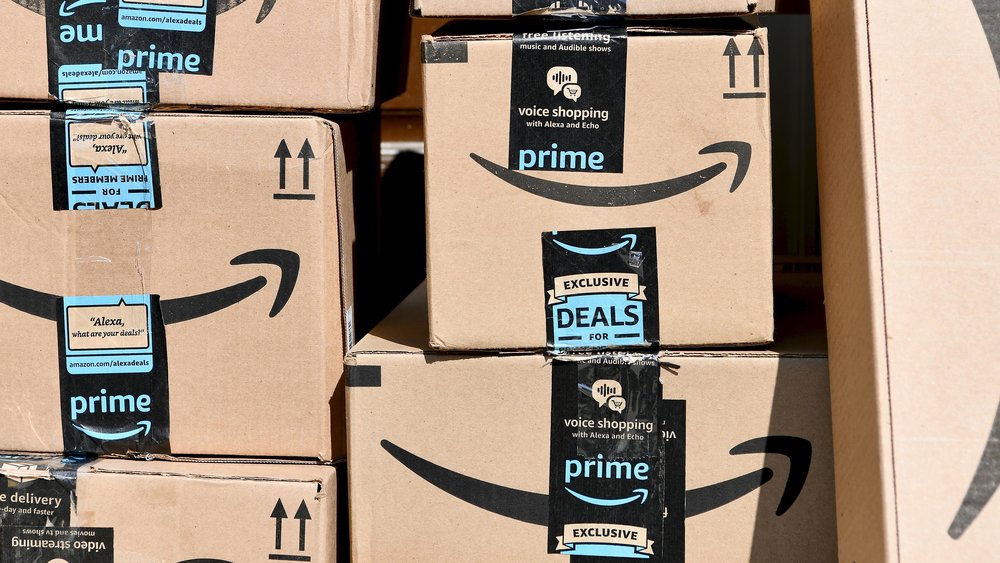Amazon is shaking up the insurance business in the U.S. After it recently announced its plans to get into health care, the company is now developing a home insurance plan that could use robots and other technological devices inside the house to minimize the risk of burglary and fire. This protection system could make it possible for people to get home insurance plans with cheaper premiums.

The Information announced on its website recently that Amazon use its impressive line of smart home devices to offer home insurance with cheaper premiums
Insurance for Smart Homes
Insurance companies are rattled up by the news that Amazon might come after their business in the near future. According to a recent announcement made by The Information, the tech giant hinted that it is considering expanding its insurance game to complement its impressive line of smart home devices and powerful home assistant Alexa.
A research from Berg Insights shows that smart homes are becoming increasingly popular in the United States. In 2016, at least 21.8 million households – which is half of all the homes in the U.S. – were smart. Amazon is the most commonly used brand for smart home devices, but after taking over the tech industry, will the company be able to make its mark in the insurance business? Many experts say that the company would have to overcome several obstacles ahead before becoming a front-runner in the industry.
A Highly Regulated Industry
Lynne McChristian, an Insurance Information Institute representative and disaster response director, says that Amazon is stepping outside its comfort zone with its ambitious attempt to venture into the insurance business, but insurance isn’t something that can be put in a box and shipped. It is a complicated and heavily regulated industry.
Even if Amazon were to start selling home insurance, it would have to go through a myriad of regulators in every state. The regulation rules for the insurance companies are different in each state and difficult to meet at once. This is one of the reasons why most insurance firms only start with a single state and slowly expand to other regions after mastering one market.
Another obstacle that may prevent Amazon from entering the market is financial backing. Insurance is one of the priciest businesses to start because the company needs to have the money they intend to pay claims with before they even start providing insurance. McChristian says that Amazon will need to figure out where it will get the money to cover insurance claims before starting the business.

According to a 2016 report by Insurance Information Institute, almost 30 per cent of the U.S. populations considers home insurance a huge financial burden
Will Amazon Insurance be Cheaper?
If Amazon wants to penetrate the home insurance market, it needs a strong selling point. Cost-effectiveness could be one of the ways for the company to differentiate itself from its competitors. The smart home devices that Amazon sells are already marketed as money and time-savers; the company could implement the same strategy to its insurance plans to truly disrupt the industry.
According to a 2016 report by Insurance Information Institute, almost 30 per cent of the U.S. populations considers home insurance a huge financial burden due to high premiums. The average monthly payments charged by most insurance companies can exceed $1,000 and many experts are skeptical that Amazon may not offer significant price reduction.
Michelle Megna, Insurance.com editor, says that offering a small discount on home security by having an Amazon smart home device is pretty similar to the price reduction you could get from any other insurance company for having a security system installed in your home.
Natural Disasters
Although having a smart monitoring system installed in homes may save Amazon from paying huge claims for fire and burglary incidents but the company’s tech products are not equipped for preventing natural disasters claims, which often cost insurance companies the most. Insurance Information Institute found from its research that the most expensive insurance claims from 2012 to 2016 were caused by lightening, bodily injuries, fire, water damage, storms and hail.
Incidents of fraud and theft, which can be picked up easily through Amazon’s security systems, are often the least costly claims. The research also shows that weather-related claims are submitted more frequently by homeowners, with storms, floods and hail being the three most common claims.










